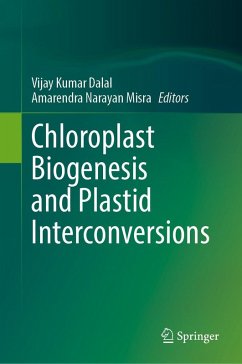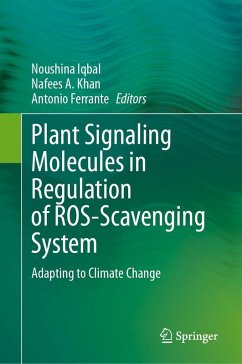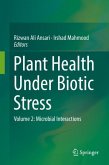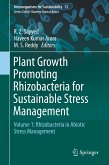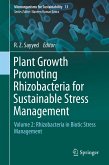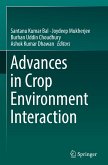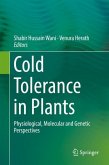This edited book covers the latest developments surrounding plastids, with a focus on chloroplasts and their inter-conversions to other plastids, namely chromoplasts, gerontoplasts and leucoplasts.
Chloroplasts convert solar energy into biologically useful forms of energy by performing photosynthesis. The parts of plants above ground contain green tissues that house chloroplasts, one of several types of plastids, which are the main sites of photosynthesis in eukaryotic cells. The book focuses on what chloroplasts are, their biogenesis and degradation, constituents (thylakoids and assembly of thylakoids), functions, their inter-conversions, and their effects on biomass production and yield, among other topics. It discusses how chloroplasts form from proplastids, primarily found in meristematic tissues present in shoot apical and auxiliary meristems in dicots, and in the leaf base in monocots. Additionally, chloroplasts produce various molecules of human interest that can be converted into biochemical factories through transgenic approaches, which are also discussed. The content is supported with figures offering a more comprehensive understanding of the topics covered, making the information more accessible and engaging for readers.
This book is suitable for students, researchers, and scientists working in chloroplast, leucoplast, gerontoplast, chromoplast biogenesis, and photosynthesis, as it covers the latest findings, in addition to the currently established notions.
Chloroplasts convert solar energy into biologically useful forms of energy by performing photosynthesis. The parts of plants above ground contain green tissues that house chloroplasts, one of several types of plastids, which are the main sites of photosynthesis in eukaryotic cells. The book focuses on what chloroplasts are, their biogenesis and degradation, constituents (thylakoids and assembly of thylakoids), functions, their inter-conversions, and their effects on biomass production and yield, among other topics. It discusses how chloroplasts form from proplastids, primarily found in meristematic tissues present in shoot apical and auxiliary meristems in dicots, and in the leaf base in monocots. Additionally, chloroplasts produce various molecules of human interest that can be converted into biochemical factories through transgenic approaches, which are also discussed. The content is supported with figures offering a more comprehensive understanding of the topics covered, making the information more accessible and engaging for readers.
This book is suitable for students, researchers, and scientists working in chloroplast, leucoplast, gerontoplast, chromoplast biogenesis, and photosynthesis, as it covers the latest findings, in addition to the currently established notions.

